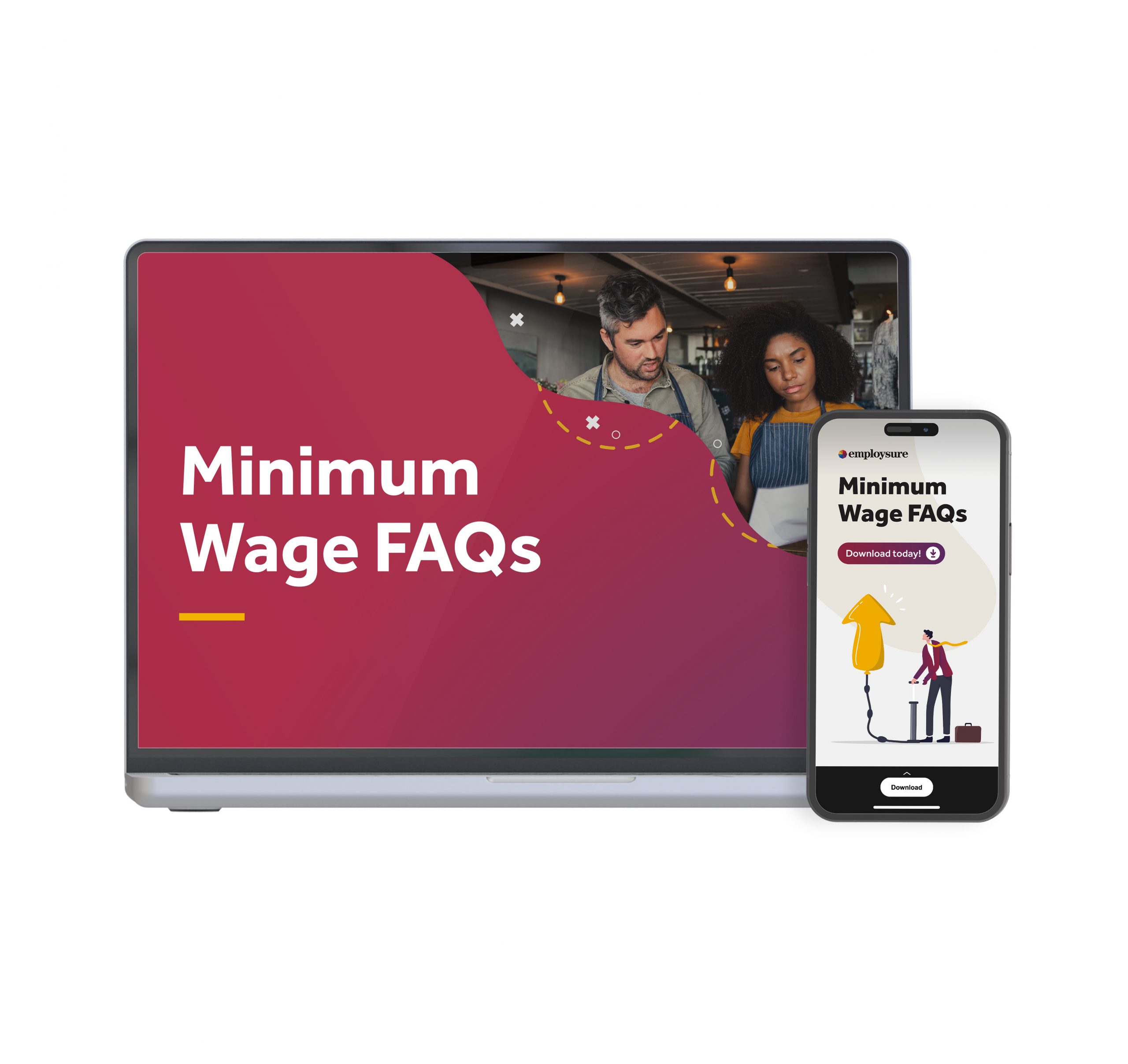
What is pay parity?
In short, pay parity is the practice of paying people equitably. This means that employees in the same job and location receive fair pay relative to each other regardless of their gender, race, sexuality, or any other protected characteristics.
Pay parity can also be achieved by offering equal payment to closely related roles that demand similar skills and have a comparable level of importance to the economy.
The aim of pay parity is to close the ‘pay gap’ and reduce the extent to which discrimination and bias influence pay rates for different employee groups.
What is the pay gap?
Pay gaps occur when certain groups earn less than others despite performing the same or similar work.
Depending on the circumstances, pay gaps can either be fair or unfair. Sometimes workers are fairly rewarded with greater pay for having more experience or being longer tenured. However, there are also occasions when staff are unfairly underpaid based on bias.
Who can be affected?
While pay parity is often simplified to the pay discrepancy between men and women (the gender pay gap), there are many types of people who can be affected by wage inequalities. A list of the protected attributes that should be considered when measuring pay parity includes:
• Age
• Race or skin colour
• Nationality or ethnicity
• Sex (which extends to pregnancy of an employee or delivering a child)
• Sexual orientation
• Disability
• Religious beliefs or ethics
• Marital status, familiar status, or family violence involvement
• Status of employment
• Any political opinion
All of these groups are protected by the Employment Relations Act 2000 and the Human Rights Act 1993.
A worker’s pay should never be negatively impacted by any of these protected characteristics. For this reason, it’s important for businesses to find, measure and understand the underlying causes of pay gaps so that they can be closed.
What is the difference between pay equity and pay parity?
These two terms are often used interchangeably, with both referring to an ideal situation whereby people performing similar roles receive equal pay.
However, there are slight differences in what each term refers to. Often, pay equity refers to paying people fairly and consistently without discrimination. Meanwhile, pay parity demands the same but also calls for employers to show there are no unreasonable pay gaps throughout their workforce.
Why is pay parity important?
Beyond the ethical reasons, having pay parity can help a business create a more competitive and effective workforce. For example:
A woman who has the same pay opportunities as a man is more likely to strive to perform her best work.
A man working in a company with pay parity is less likely to feel entitled to a relatively high rate of pay. As a result, he is more likely to work hard to prove his worth.

The Minimum Wage increased on 1 April. Is your business ready?
As a business owner or employer, you may have questions about the latest wage increase and what it means for you. We have created FAQs to help you prepare your business.
The history of pay parity in New Zealand
The history of pay parity in New Zealand has its roots in the education sector. For many years teachers in primary schools demanded the same pay scale as their colleagues in secondary schools. In the 1990s, collective action from New Zealand’s largest education union NZEI Te Riu Roa led to pay parity.
Following in the footsteps of primary school teachers, Kiwi kindergarten teachers lobbied for pay parity in the early 2000s.
Now, all kindergarten, primary, and secondary school teachers in New Zealand are paid the same base rate. This is a perfect example of roles with the same level of skills and economic importance being equitably paid.
What is the Pay Parity Opt-In Scheme?
New Zealand’s 2021 budget included funding for the Pay Parity Opt-In Scheme, which targets the early childhood education sector specifically. The scheme is aimed at achieving pay parity between certificated teachers working in education or care centers and their colleagues in kindergartens.
Government funding for the initiative was renewed and the opt-in scheme continues to help employers meet base pay rates for certificated teachers. The scheme involves pay rates that increase in 11 steps as teachers add to their qualifications.
Which other industries focus on pay parity?
Beyond education, pay parity has become a critical issue in childcare, aged care and hospital-based services, with the New Zealand government recently investing $200 million in achieving greater pay parity throughout the health and care sectors. The investment is expected to raise the pay of over 20,000 employees nationally.
The latest workforce data reveals that pay parity in New Zealand is steadily improving, with:
The Public Service gender pay gap at its lowest level ever, falling from 12.2% in 2018 to 7.7% in 2022.
The Public Services Māori pay gap also fell substantially from 11.2% in 2018 to 6.5% in 2022.
The Pacific pay gap has also fallen from 21.6% 2018 to 17.7% in 2022 (but is still high compared to other groups).
Is pay parity the law?
In many cases, equal pay is the law. The Equal Pay Act (1973) clearly outlines a broad range of rules, guides and definitions about equal pay that employers must understand and follow to be compliant with employment law.
Some of the topics the Equal Pay Act goes into detail about include:
The definition of unlawful discrimination
How to determine equal pay
Interim increases
How to recover unpaid wages based on the grounds of equal pay
Records employers must keep
How to manage pay increases for female employees
By adhering to these rules and regulations, Kiwi employers effectively contribute to pay parity, raising the chances that a worker will be fairly paid relative to their peers.
What can businesses do to increase pay parity?
Beyond the legal requirement to follow the laws of the Equal Pay Act, businesses can also increase their contributuion to pay parity by:
Regularly reviewing wages employees and checking for pay parity among similar roles.
Rather than viewing a full resume, ensure information about the candidate’s identity is obscured when shortlisting candidates. This can help to remove unconscious bias from the hiring process.
Are you paying all your staff fairly?
Employsure can help you ensure your pay policies and processes are compliant, minimising the risk of any discrimination claims. Kiwi business owners can call our FREE 24/7 Advice Line on 0800 568 012 to have any questions answered.



